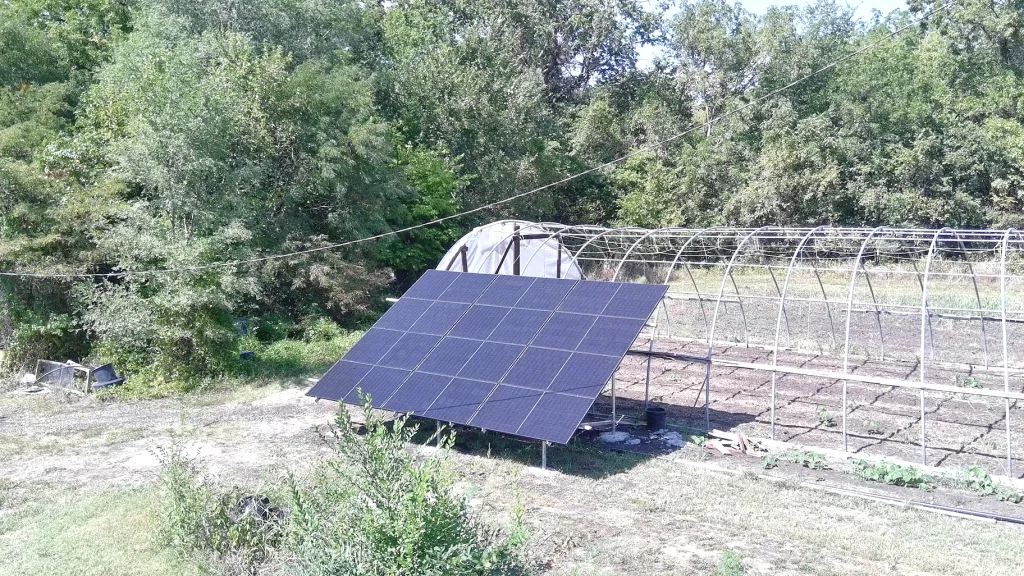Three local businesses in Southeast Kansas have been selected for solar energy improvement grants from the United States Department of Agriculture under the Rural Energy for America Program. The grants support agricultural producers and rural small business owners in reducing energy costs and improving the environment by installing renewable energy systems.
Overview of Grants
The local recipients for the REAP grants are Grow at Eden, Sonic Drive-In and Iola Pharmacy. The grants pay 50 percent of the solar panel cost engineering and installation. Of the 40 applications submitted for the region, 35 were accepted for an impressive 90 percent acceptance rate. To date 10 systems have been installed with another three to four expected within the next few months.
Business Case Studies
- Iola Pharmacy: This business received a $99,540 award to install a 71.1 kW solar array. The installation is anticipated to save 99,645 kWh of electricity per year, enough to power nine homes.
- Grow at Eden was awarded two grants: $35,400 for the installation of a 24 kW solar photovoltaic system and $12,258 to enhance the heating, ventilation, and cooling systems of the childcare center by making it energy-efficient.
- Sonic Drive-In: This was a franchise that received $97,500 for the installation of a 60 kW solar system. The system is projected to save 81,710 kWh of electricity per year, enough to power six homes.
Current Funding Landscape
REAP grants historically disbursed $40 to $50 million annually. However, during the COVID-19 pandemic, the program’s funding was bolstered by nearly $1 billion through the Inflation Reduction Act. In 2023, funding reached $360 million but was reduced to $170 million the following year. Unfortunately, future funding for REAP has been halted due to an executive order, signaling the end of such grants.
Impact on Energy Costs and Sustainability
These projects are foreseen to significantly reduce electricity consumption and utility costs for the concerned businesses. Through the adoption of renewable energy, these companies contribute to sustainability goals and provide a model for other rural enterprises.
Conclusion
Although these REAP grants have been instrumental in the promotion of renewable energy throughout Southeast Kansas, the suspension of future funding brings into question whether there will continue to be support of similar initiatives. Their success demonstrates, however, the potential of such projects to change the face of rural businesses while reducing their impact on the environment.

